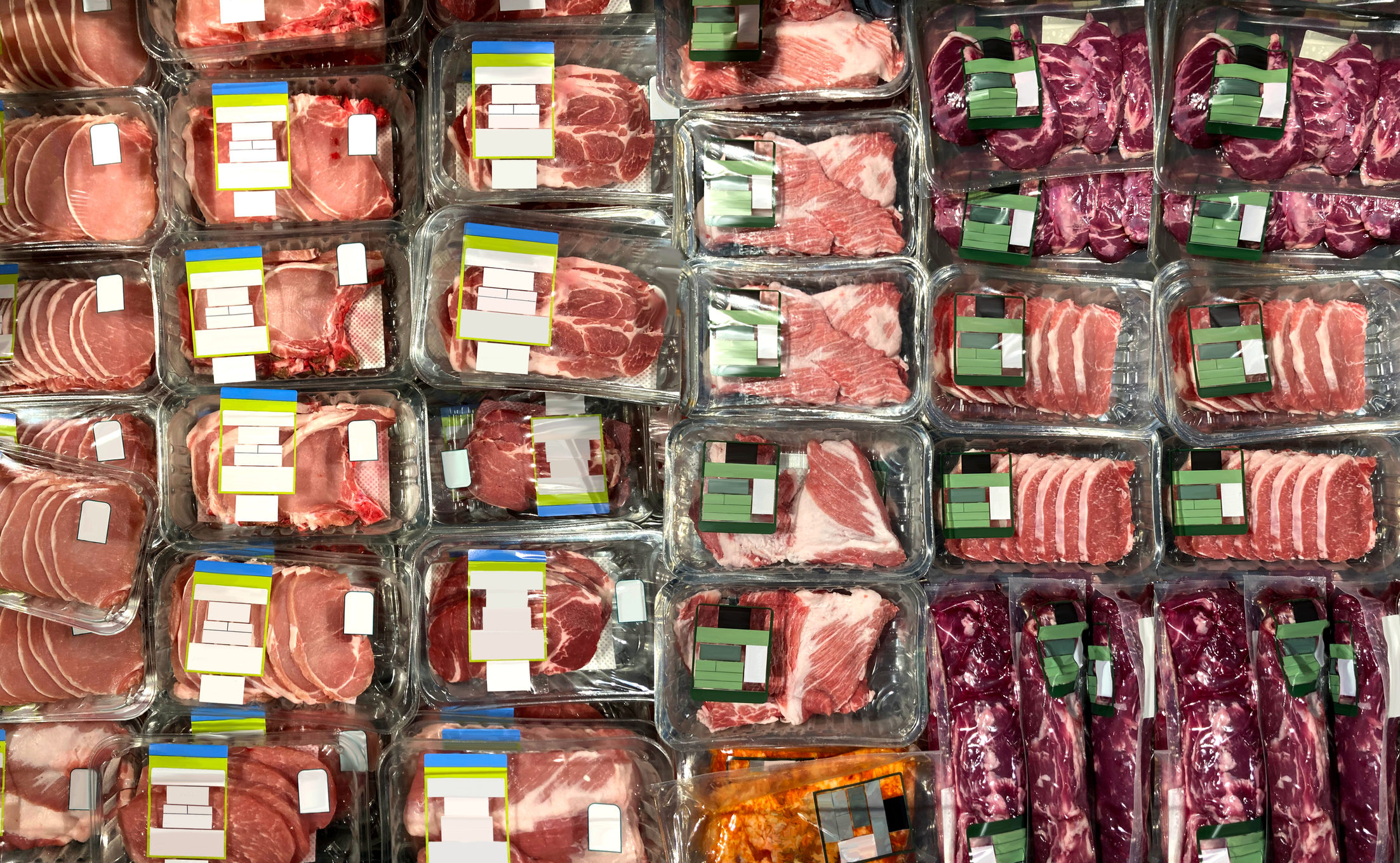The U.S. Food and Drug Administration (FDA) has confirmed that “meat glue,” scientifically known as transglutaminase, is safe for consumption. This comes amid reports of its utilization in Russia, where its use has been prohibited since 2020.
Transglutaminase is an enzyme that helps bind pieces of meat together, enhancing the volume and texture of food products. While it has faced bans in Russia and the European Union, it remains approved for use in the U.S., predominantly in meat, dairy, and seafood items.
Recent findings from Russian sources indicate a significant spike in the substance’s usage, with 25 incidents reported in 2023 and 28 cases already noted in early 2024.

Why Is Transglutaminase Common in the U.S.?
In the U.S., “meat glue” is prevalent in processed foods, including products like chicken nuggets and cheeses. A spokesperson noted that cooking methods, such as baking and pasteurization, effectively deactivate transglutaminase.
The U.S. Department of Agriculture (USDA) requires that any food containing transglutaminase clearly states it on the label, such as “Formed Beef Tenderloin.” However, health concerns linger, as reports suggest this enzyme may heighten the risk of bacterial contamination when meat pieces are bound together.
There are also concerns related to celiac disease, with some studies indicating worsened symptoms when transglutaminase is involved. The Center for Science in the Public Interest has criticized its use, suggesting it misleads consumers by potentially harboring bacteria that cooking typically eliminates.
